Social Contract Theory and the State of Nature
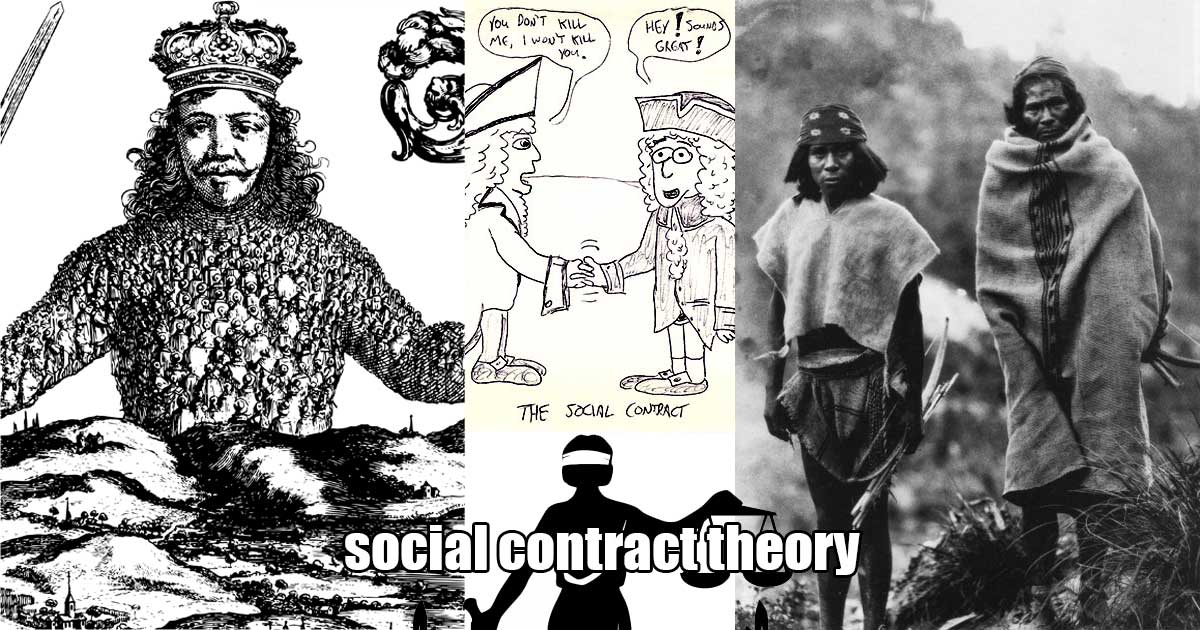
Social Contract Theory is the theory of why people form governments based on how people lived in a State of Nature before government.

Social Contract Theory is the theory of why people form governments based on how people lived in a State of Nature before government.
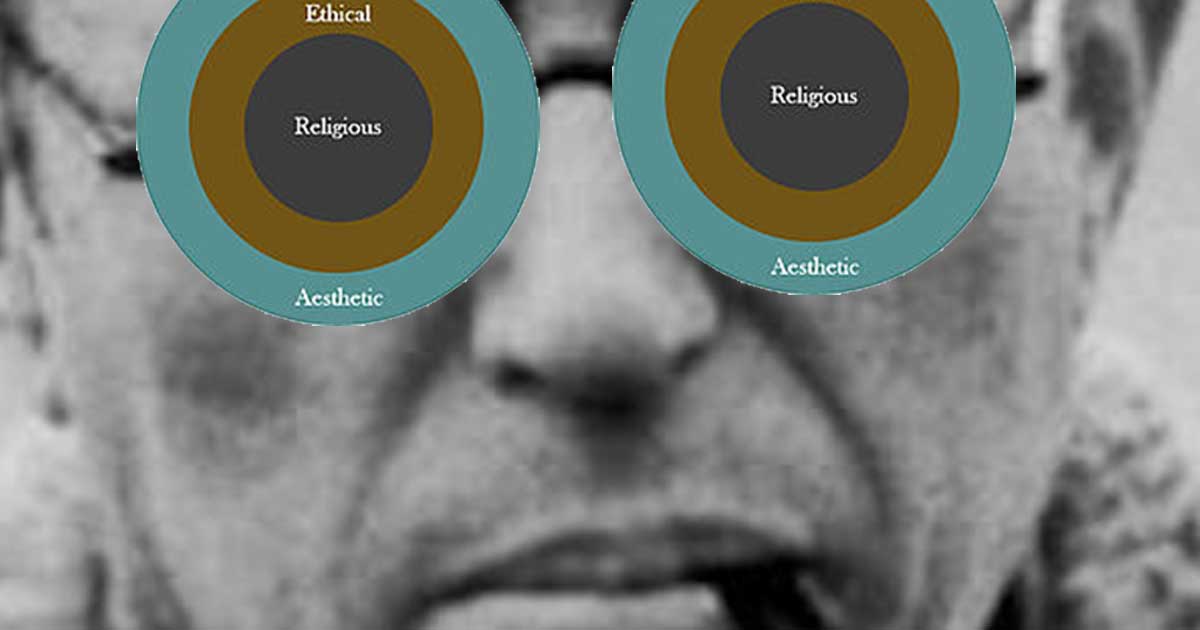
Essentialism is the idea that everything has an essence (something that “makes it, it”). Existentialism says there is no essence (no intrinsic meaning that can be confirmed by the senses or reason).
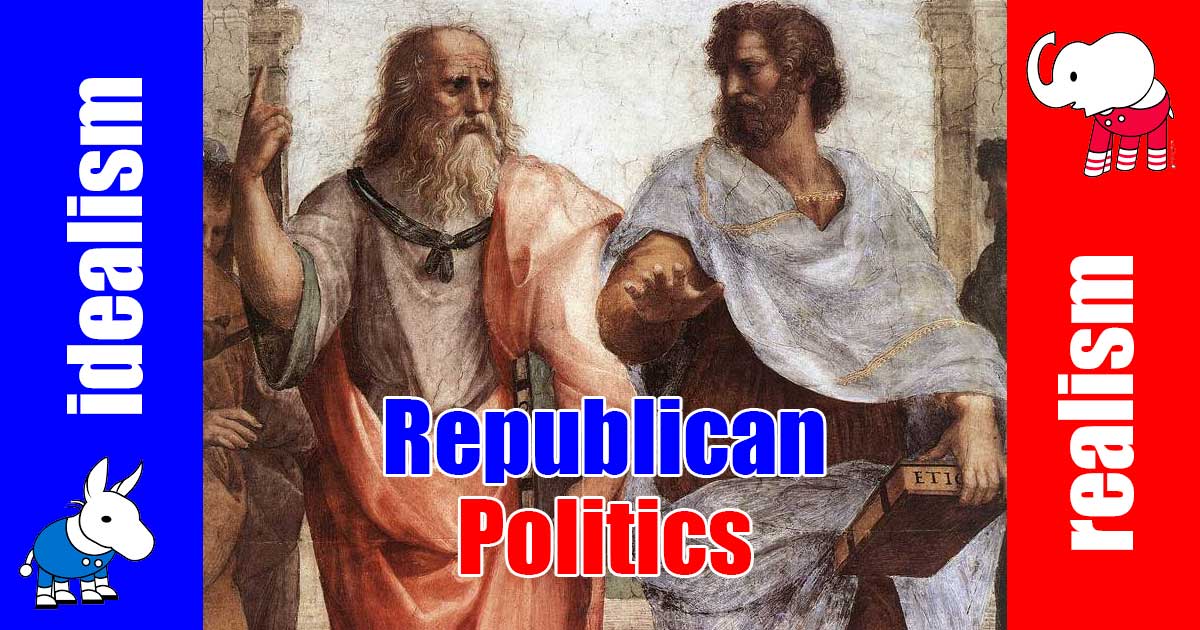
Plato can be understood as the father of rationalism and political philosophy (political idealism), and Aristotle, his student, the father of empiricism and political science (political realism).
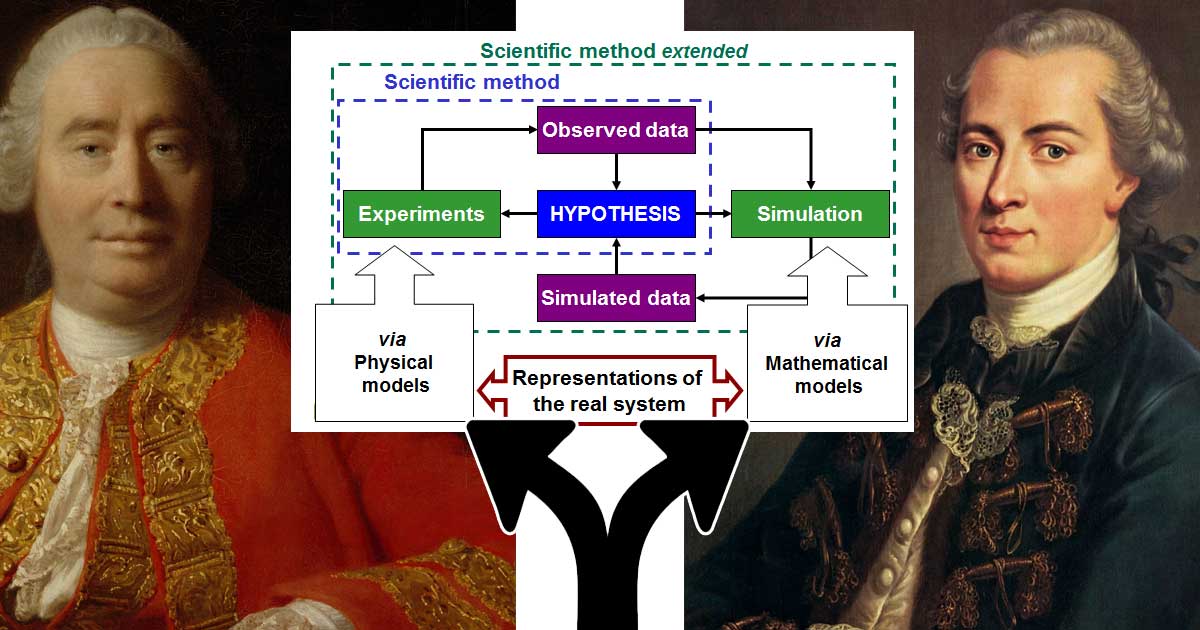
“Hume’s fork” describes how we refer to Kant’s critique of Hume, who separated knowledge into two types: facts based on ideas and facts based on experience.
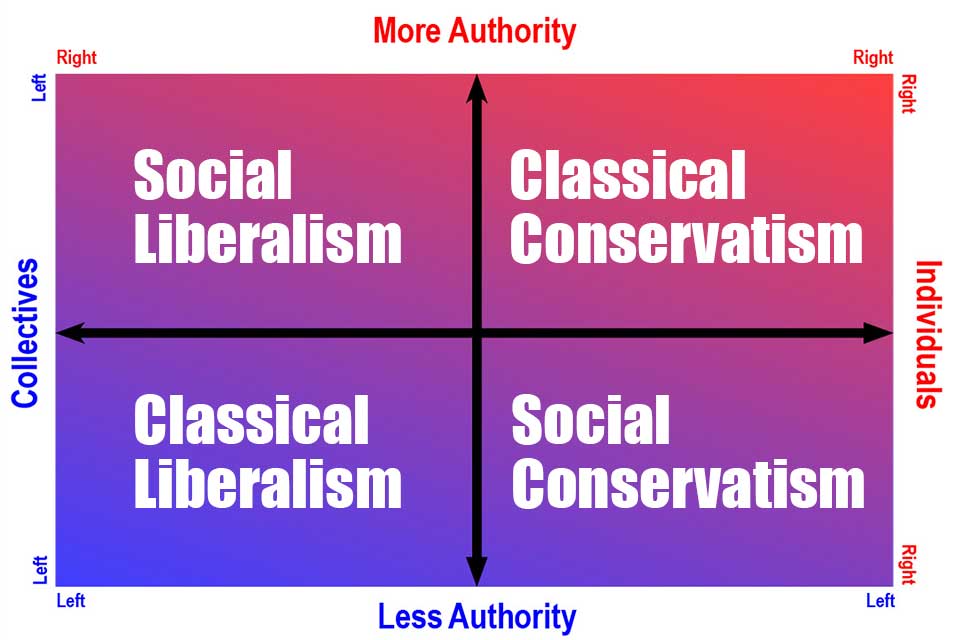
We explain liberalism and conservatism, including the different social and classical types of liberalism and conservatism.
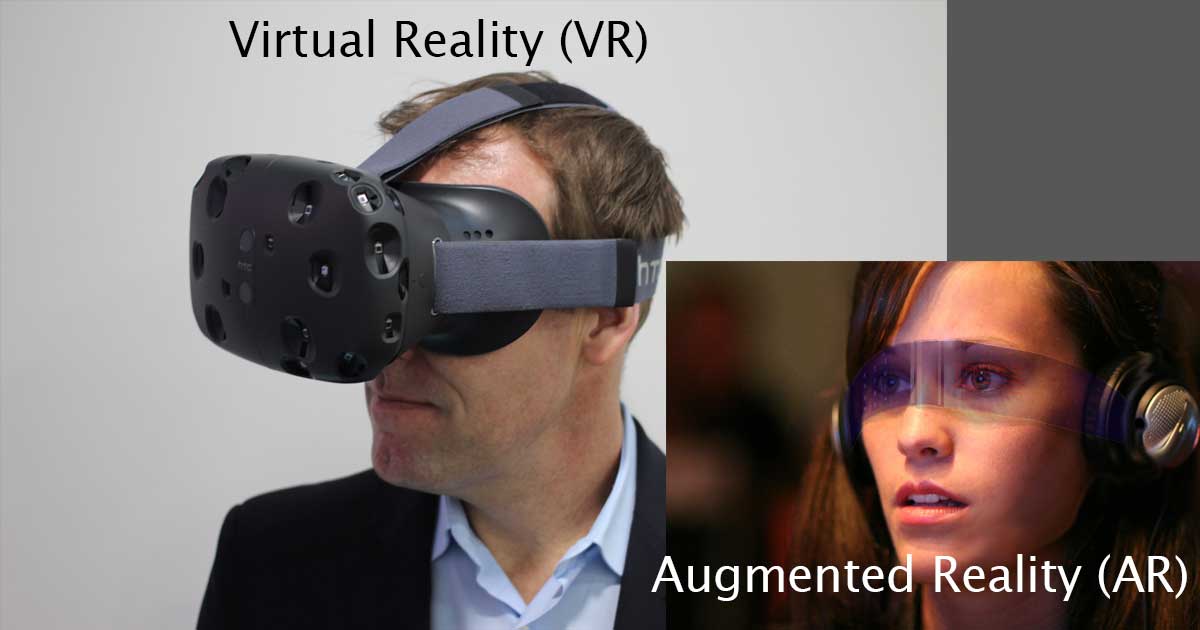
Mixed Reality is a mix of Augmented Reality and Virtual Reality where physical and digital objects co-exist and interact in real time.
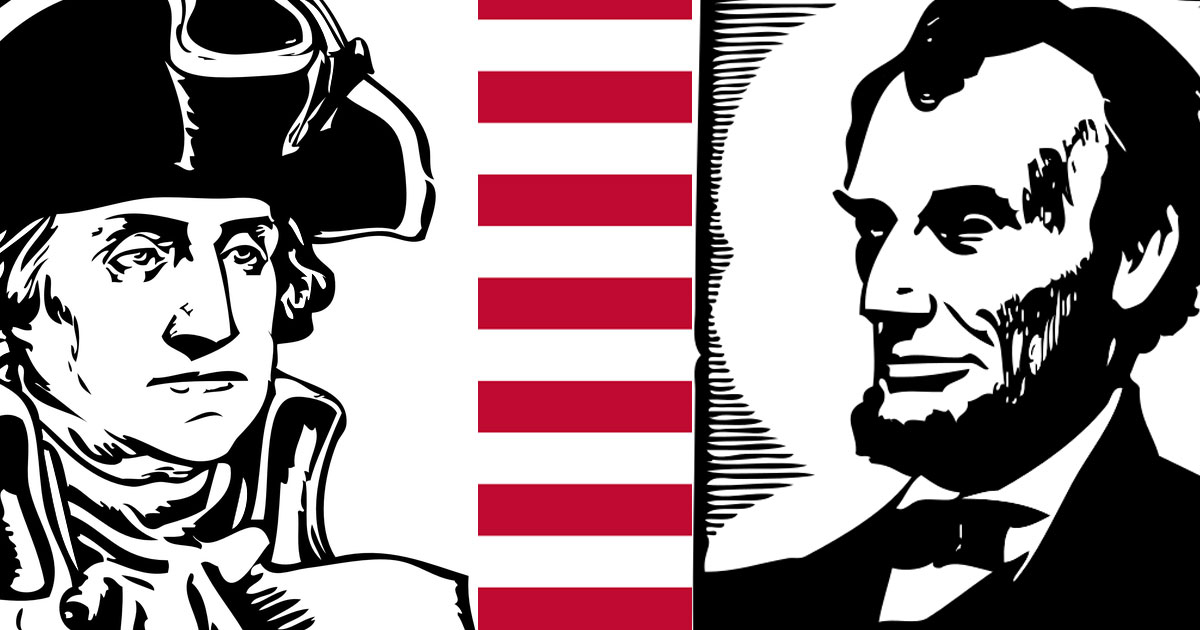
We explain the political terms conservative, moderate, liberal, progressive, and radical and how they are used in different contexts.

The bed of nails principle states that while laying on one nail is enough to puncture a person’s skin, laying on many distributed nails isn’t.
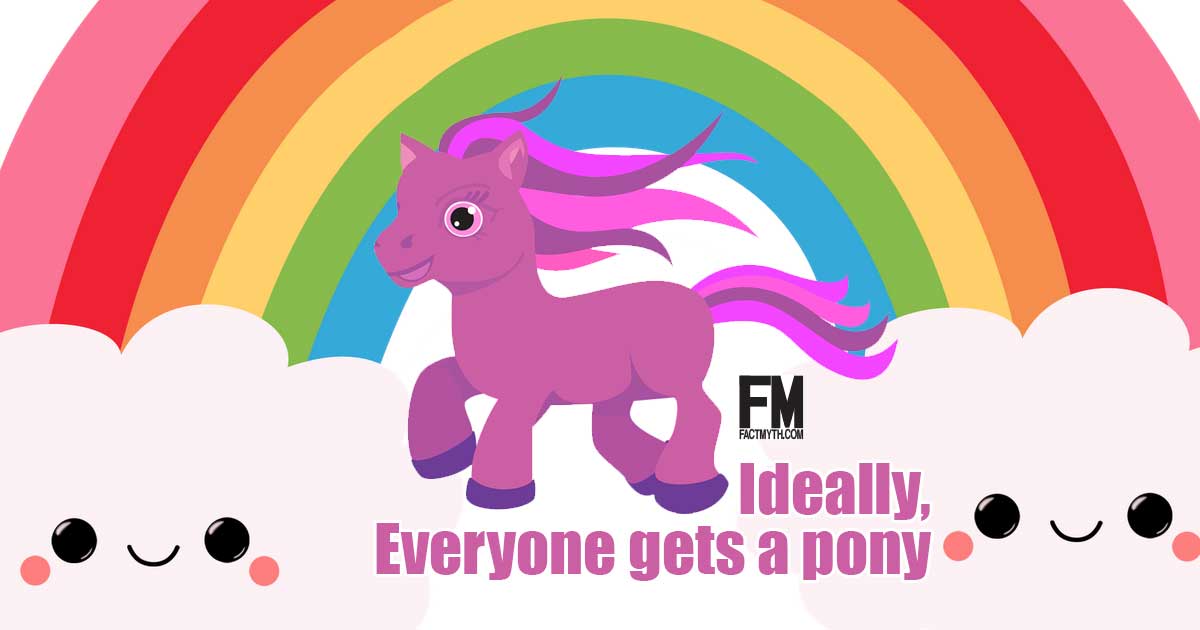
Political realism is dealing with politics as they are in reality, political idealism is dealing with politics as an ideal.
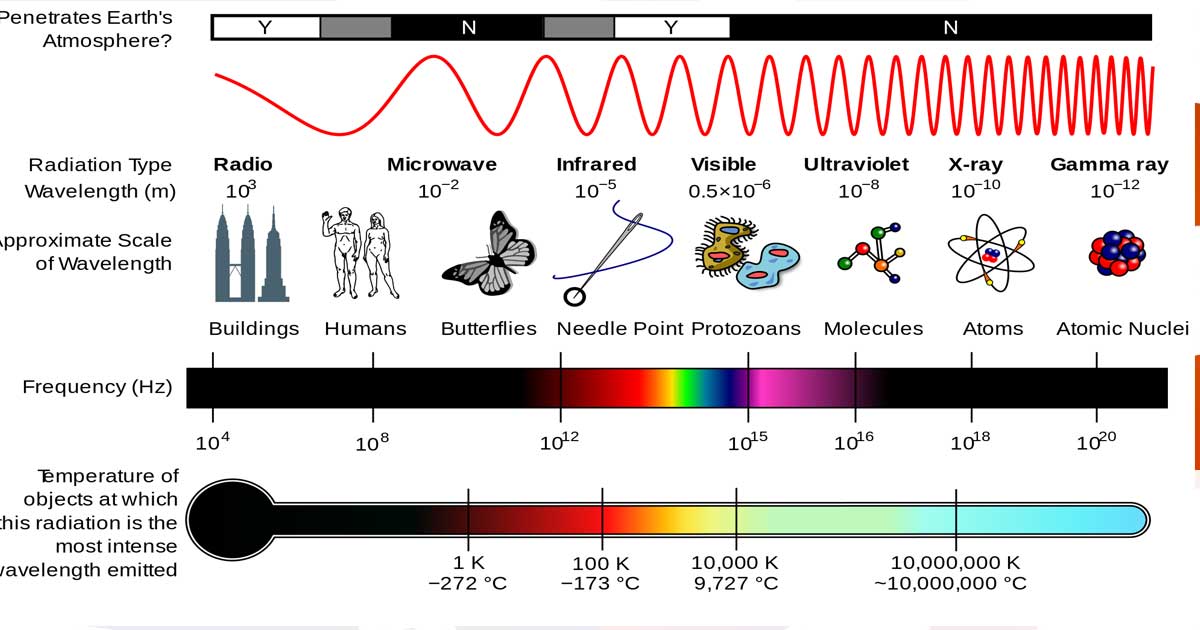
We explain “light,” both as electromagnetic radiation within a visible portion of the electromagnetic spectrum, and as electromagnetic energy carried by photons.